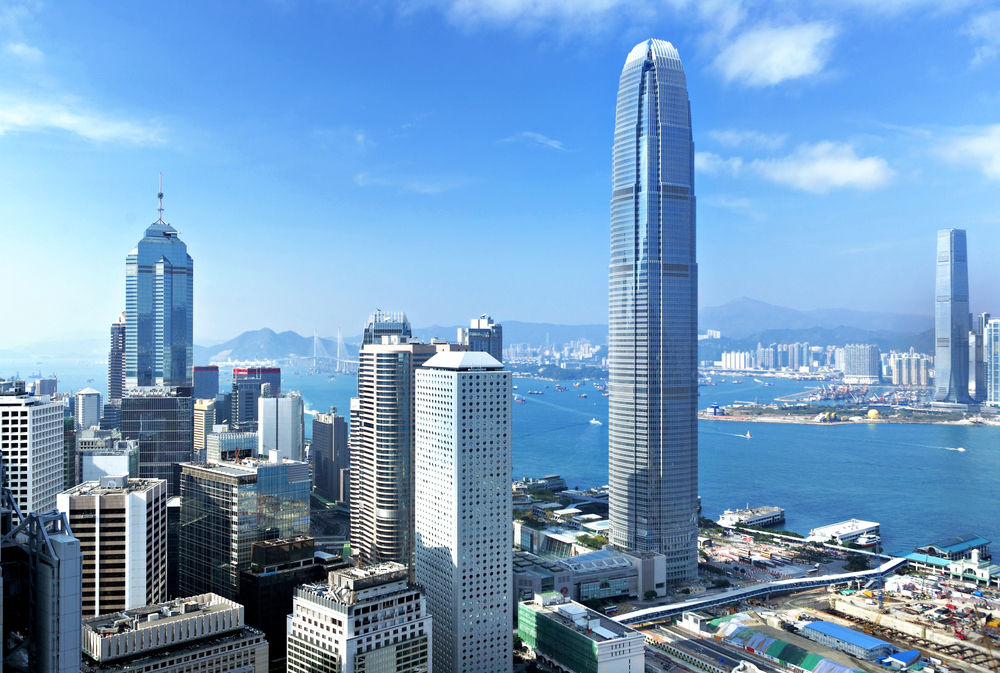The Hang Seng index held steady after another weak Chinese economic report. The index, which tracks the biggest companies in Hong Kong, was trading at H$19,755, up 3.5% from its lowest level this month.
China deflation continues
The Hang Seng index remained on edge after data by China’s statistics agency showed that the country remained in a deflation phase in November.
The headline Consumer Price Index (CPI) retreated from 0.3% in October to 0.2% in November, missing the average estimate of 0.5%. It retreated by 0.6% month-on-month, also missing the estimated drop of 0.4%.
These numbers mean that the Chinese economy is still in a period of deflation, where prices are constantly falling. While customers favor lower prices, deflation is usually a sign that an economy is not doing well.
The other notable sign that the Chinese economy is not thriving is that the local currency has crashed hard in the past few weeks. Data shows that the USD/CNY exchange rate rose to 7.30, its highest level since November last year. It has risen by 4% from its lowest level in November this year.
This price action is because of the potential trade war between the United States and China. Trump has threatened a 25% tariff on Chinese imports to the United States. He has also appointed China hawks like Peter Navarro, Marco Rubio, and Mike Waltz to be senior officials in his administration.
These actions could have a major implication on the trade flows between two of the most important trade partners. According to the Brookings Institute, the last trade war between the two countries had more pain than gain for both sides.
Top Hang Seng index movers
A closer look at the Hang Seng companies, we see that financial services and real estate companies were among the top laggards on Monday.
Longfor Properties stock dropped by over 3% on Monday, continuing its downtrend that has seen it lose about 75% of its value since 2021.
Wharf Real Estate also retreated by 1.4% and by over 50% from its highest level this year. Other real estate stocks like China Resources Land and Henderson Land also continued their strong downtrend.
Financial services like HSBC, Hang Seng Bank, Ping An Insurance, and AIA Group also dropped by over 1% on Monday.
On the other hand, some of the top-performing Hang Seng index companies were firms like Orient Overseas, ENN Energy, BYD Electronic, and WuXi AppTech. BYD stock surged by over 8% after the company announced that it had exceeded its sales goal for the year. It will sell more vehicles than Ford and Honda this year.
Hang Seng index analysis
HSI chart by TradingView
The daily chart shows that the Hang Seng index has pulled back sharply in the past few weeks. It has dropped from the year-to-date high of H$23,250 to about H$19,710.
The index has moved below the important support at H$20,000, the 38.2% Fibonacci Retracement level.
On the positive side, the index has remained above the 200-day Exponential Moving Average (EMA). Also, it has formed a falling wedge pattern, which is made up of two falling and converging trendlines.
The falling wedge pattern is now nearing its confluence level, meaning that a strong rebound cannot be ruled out. If this happens, the index will likely rise to the next point at H$20,500. A move above that level will see it rebound to H$21,000.
The risk, however, is that the Hang Seng index has formed a small rising wedge pattern, which may result into a strong bearish breakout. A drop below the support at H$19,000 will invalidate the bullish sign.
The post Here’s one reason why the Hang Seng Index could rebound soon appeared first on Invezz
